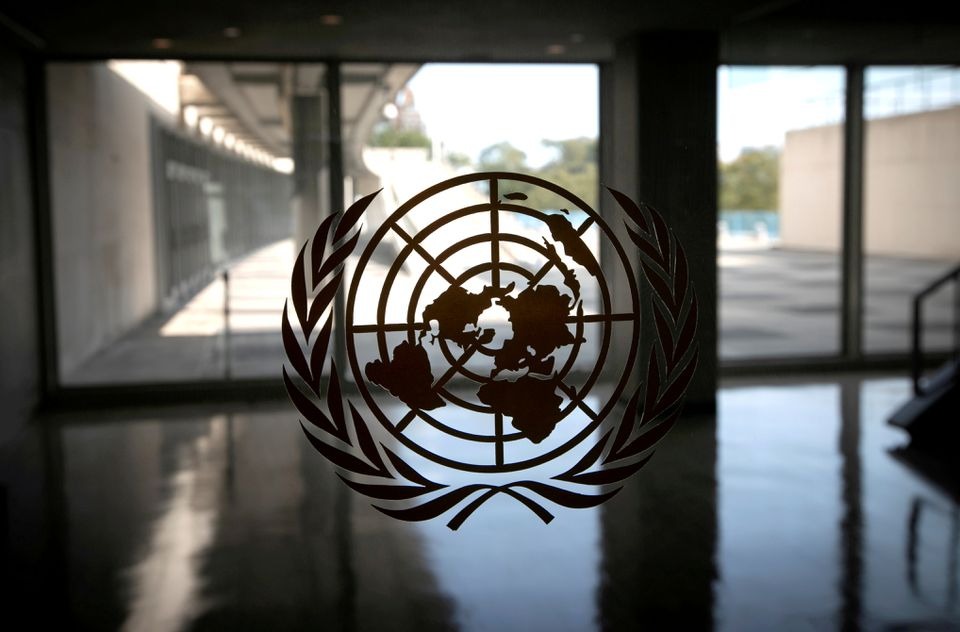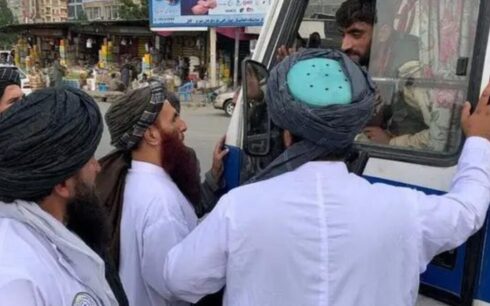Human Rights Watch Asia Director Patricia Gossman said on Wednesday night that envoys attending the upcoming Doha meeting on Afghanistan need to take a stand that “only a reversal of the Taliban’s oppressive policies will open the door to further engagement.”
Gossman’s statement comes after a week of mixed messages from the United Nations on Afghanistan.
In a dispatch, published on the watchdog’s website, Gossman said that the confused messaging from the UN this week could directly affect next steps for helping the people of Afghanistan who are in need of aid.
The dispatch was published ahead of the May 1 meeting in Doha, Qatar, of special envoys of United Nations member states who are expected to discuss how to address the Taliban’s latest restrictions on humanitarian operations in Afghanistan.
Gossman pointed out that on April 18, the UN Development Programme Administrator Achim Steiner warned that unless the Taliban revoked its ban on local women working for the UN in Afghanistan, the UN was “ready to take the heartbreaking decision to pull out of the country.”
However, the next day UN Deputy Secretary-General Amina Mohammed suggested member states use what little leverage they have to explore “baby steps” that could put the Taliban “on the path to recognition.”
Gossman stated: “Surely there is a solution between the threat of total UN withdrawal and the dangled carrot of recognition. And it seems the special envoys are expected to find it.”
She said there were divisions among the special envoys on approaches to the Taliban, divisions that mirror those on the UN Security Council. “China, Russia, and Japan want the UN to focus on aid and Afghanistan’s economic crisis. The United States, United Kingdom, and France have pushed a hard line with the Taliban on human rights,” she said.
In March, when the Security Council passed a resolution extending the mandate of the UN Assistance Mission in Afghanistan (UNAMA), it passed a second resolution calling for an independent assessment of the UN’s operations aimed at finding “an integrated and coherent approach … to address the current challenges.”
While China and Russia had sought a broader assessment, the US and UK signaled skepticism with the one that emerged.
“Meanwhile, the Taliban’s latest restrictions have been catastrophic for the Afghan people, two-thirds of whom are dependent on food aid, most of them women and girls.
“The Taliban’s increasingly repressive stand banning women from working for humanitarian organizations (except in health and primary education) and the UN, has forced aid agencies and organizations to have to choose between ending their programs or negotiating ways to provide life-saving assistance without compromising principles. This is not a choice they should have to make,” Gossman said.
She suggested that the special envoys should make this clear in Doha and “maintain a firm line that only a reversal of the Taliban’s oppressive policies will open the door to further engagement.”
Closed-door meeting in Doha
UN Secretary-General Antonio Guterres will bring together envoys on Afghanistan from various countries next month to try to find a unified approach to dealing with the Taliban authorities.
“There will indeed be a meeting in Doha on May 1st and 2nd, which the Secretary-General will host, with special envoys on Afghanistan from various countries. The purpose of this kind of small group meeting is for us to reinvigorate the international engagement around the common objectives for a durable way forward on the situation in Afghanistan,” UN spokesman Stephane Dujarric said.
The meeting will be held amid the ongoing ban by the Taliban on local women working for the United Nations in Afghanistan.
“As the Secretary-General has said and continues to believe that it’s an urgent priority to advance an approach based on pragmatism and principles combined with strategic patience, and to identify parameters for creative, flexible, principled and constructive engagement. It is his aim that the discussions, which will be held behind closed doors, can contribute to a more unified consensus regarding the challenges ahead,” he said.
Dujarric also sought to explain comments made by UN Deputy Secretary-General Amina Mohammed about the planned Doha meeting.
He said that the issue of recognition was “clearly in the hands of the member states” and that Mohammed was reaffirming the need for an internationally coordinated approach.
“She was not in any way implying that anyone else but member states have the authority for recognition,” Dujarric said.
The United Nations Deputy Chief, Amina Mohammed, in a conversation with Princeton University, proposed a discussion be held on recognizing the Taliban in an upcoming meeting of special envoys for Afghanistan and UN officials in Doha in the coming two weeks.
Mohammed meanwhile said: “We have amazing envoys that work on Afghanistan and we have Afghan women too, and what we are hoping is that we will gather them now in another two weeks in the region and they will have that first meeting of envoys across the board, the region and internationally with the secretary general for the first time.”
“And out of that, we hope that we would find those baby steps to put us back on the pathway to recognition. Is it possible? I don’t know,” she said.





